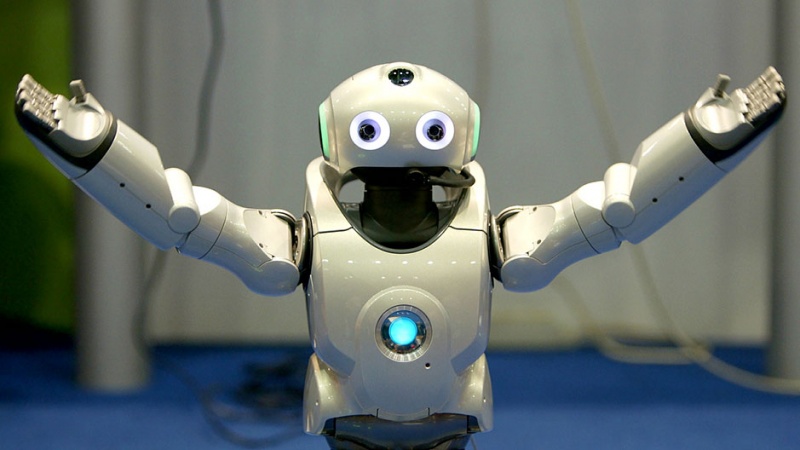8 Things a Lawyer Can Do That Artificial Intelligence Can’t

Already packed up your office and taken up sailing because the robots are going to replace you soon anyways? Not so fast.
With all the breathless excitement (and hype) surrounding artificial intelligence or machine learning, it’s easy to lose sight that these are assistive technologies. They help us perform routine tasks faster and better, which in turn, frees us to focus on the things we do best. In a recent blog post, award-winning technology journalist Tad SImons reminds us there are many things “that good lawyers do that can never be replaced by computer, no matter how smart it is.” Simons discusses how AI and related technologies can improve speed and accuracy, but inherently can’t grasp human qualities such as empathy, intuition, and contextualization, all of which are skills that are essential for good lawyering. AI can mimic those qualities, to be sure, which makes for entertaining demos at trade shows, but that is more about demonstrating the power of the technology through showmanship and entertainment, rather than demonstrating real-life practical applications.
This is not to minimize that there will be disruptions. Transitions to new technologies inevitably involve delegating certain tasks to technology, shifting roles and responsibilities, learning new skills, as well as learning how to incorporate the technologies into our workflows. In another blog post, Dr. Khalid Al-Kofahi, vice president of technology at Thomson Reuters, points out the digitization of legal work brings with it new rules to successfully navigate and make the most of these new enhanced workflows.
So there is a need for adaptation, adjustment and sometimes steep learning curves. But that leads to using powerful new digital assistants that can take our work to new levels. As a colleague pointed out, “technology turns you into Iron Man not the Terminator.”